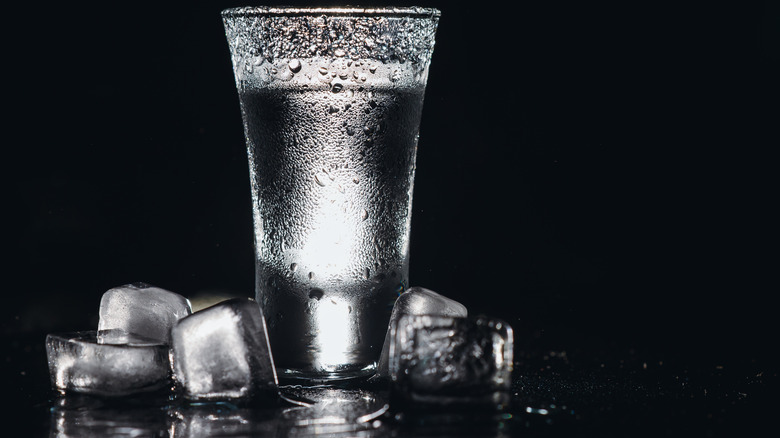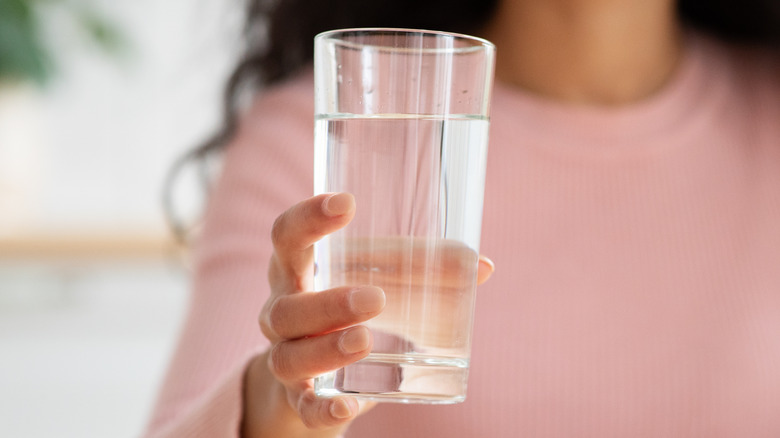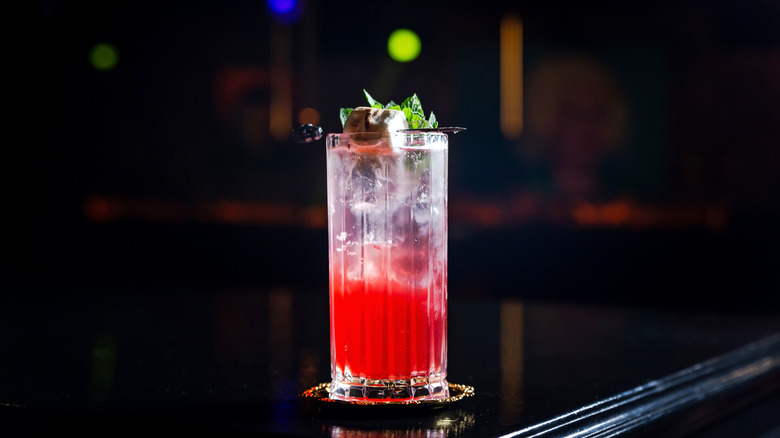Is Vodka Really Lighter Than Water?
Science is a beautiful thing. It leads to new technology and helps us understand the world around us. Many times, what happens in nature can be mind-boggling, but if we understand the underlying scientific principles, what appears to be magical is nothing more than our world behaving as it should.
A case in point is liquids floating on each other. In most instances, we are used to mixing things; we combine them together and end up with something that is the sum of the elements added to it. There are cases, though, where this doesn't occur. Oil and vinegar will eventually separate in Vinaigrette dressings no matter how much you shake them. Today, we will look at the science behind why this occurs and perform a little experiment that illustrates the principles at work.
We are going to use water and vodka for our test. These two liquids appear very similar to the untrained eye, but we may just find that appearances can be deceiving. Will vodka float on top of the water? Will they blend together? Let's find out.
Science tells us vodka should float on water
To grasp the science behind answering our question, you need a basic understanding of the term "specific gravity." Britannica tells us that specific gravity, sometimes called relative density, is the "ratio of the density of a substance to that of a standard substance." In layperson's terms, you could translate that to say specific gravity tells us which items are heavier when compared side by side. We all know rocks are heavier than most wood. You could say stones have a higher specific gravity than boards. Throw both in the water and see which floats.
Technically, it's a little more complicated than that, but you get the idea. Wood floats because it has a lower specific gravity. Rocks sink because their relative density is higher. According to Food Standards Australia and New Zealand, Vodka has a specific gravity of 0.96, while water is 1.00. In theory, this means vodka should float on water.
So, is vodka lighter than water? We tried a little experiment that you can also try at home to test the theory.
Proving Vodka is lighter than water
Armed with the previous knowledge, we conducted a little experiment inspired by the BBC show "Bang Goes The Theory." You will need two identical glasses, vodka, water, and a smooth card, like a playing card, for this experiment.
First, pour one glass full of vodka and one full of water. Place the playing card on top of the glass of water and, holding it firmly in place, flip the glass over. There should be minimal spillage. Slowly set the glass of water on top of the glass of vodka upside down, lining up the sides as precisely as possible.
Now, slowly slide the card partially out from between the two glasses. Don't altogether remove it. Just let the liquids come in contact with each other. You should wait a half hour or more and let the science work its magic. Then slowly slide the card back into place and separate the glasses losing as little liquid as possible.
Remember, the water started in the top glass and the vodka in the bottom. Take a sip from each glass. You will now find the vodka in the top glass and the bottom glass full of water. Vodka is lighter than water, so it floats to the top glass, and the water sinks to the bottom. If you want a more enjoyable example of this principle, order a B-52 flaming shooter the next time you are in a bar and see for yourself.


